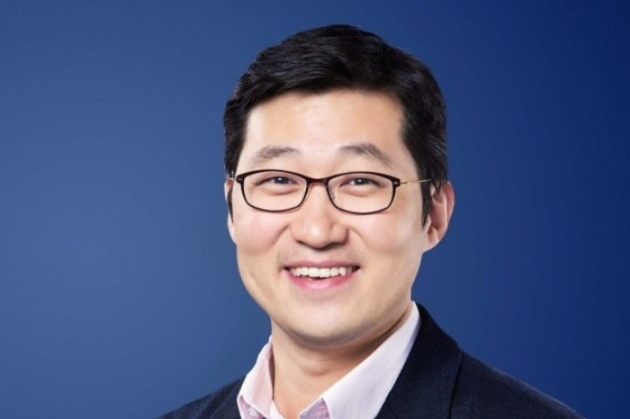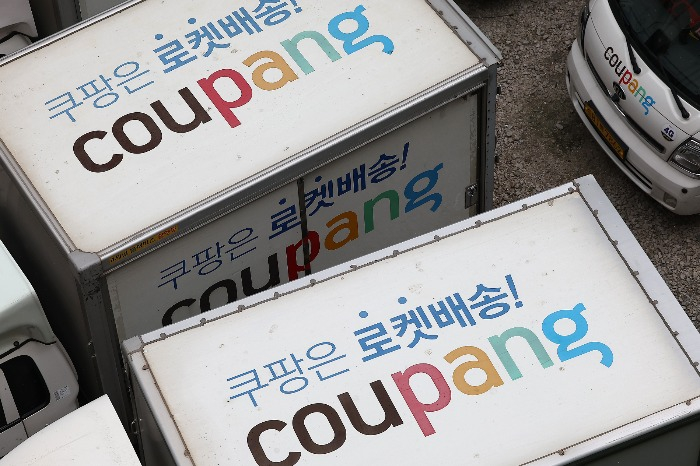
Coupang Inc. founder and Chief Executive Bom Kim will sell shares and donate additional ones in the South Korean e-commerce platform for tax payment and other financing purposes, the company said on Wednesday.
The stock to be offered is worth around 500 billion won ($358 million), marking his first share sale in the company since its listing on the New York Stock Exchange in March 2021.
After the stock transaction to be implemented from Nov. 11 through Aug. 29, 2025, he will remain Coupang’s largest shareholder.
Kim is unloading 15 million Class B common stock after converting them into Class B stock, Coupang said in a press release. The stock he plans to sell and donate represents 9.7% of his holding of Class A common shares.
He is the only shareholder with Class B common stock that has far greater voting rights per share than Class A stock.
Additionally, he will donate up to 2 million shares of Class A common stock to charities.
Based on the current exchange rate of 1,400 won per dollar, the shares he is selling and donating is worth 500 billion won.
“After the completion of these transactions, Kim does not intend to engage in any further share transactions through the end of 2025,” Coupang said.

The share sale and donation announcement came a day after Coupang flagged its highest quarterly sales in the third quarter.
It posted $7.9 billion in consolidated sales in the quarter ending Sep. 30 and swung to operating profit of $190 million from a loss in the previous quarter on a reported basis.
By Sun A Lee
suna@hankyung.com
Yeonhee Kim edited this article.















